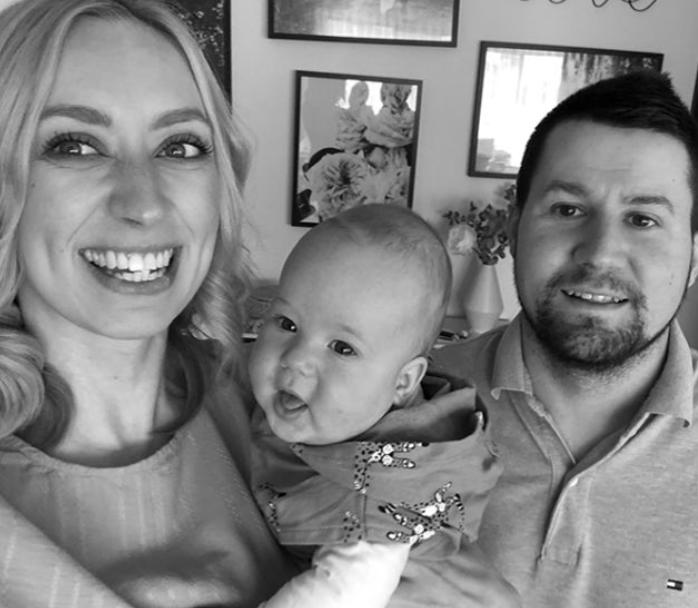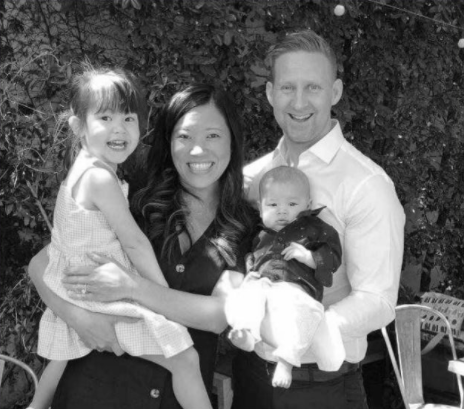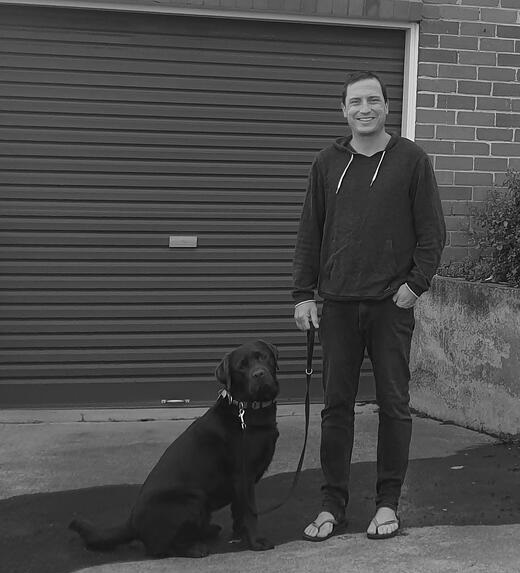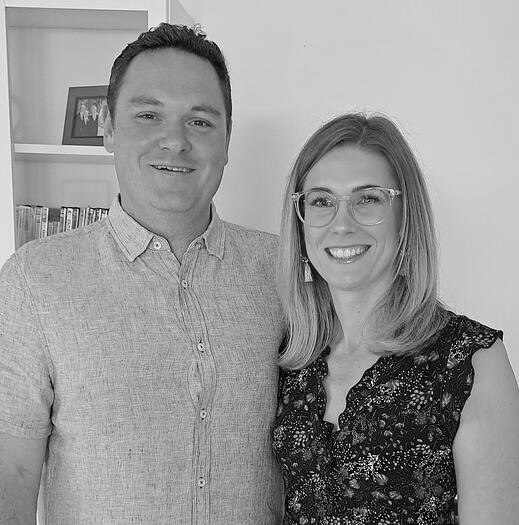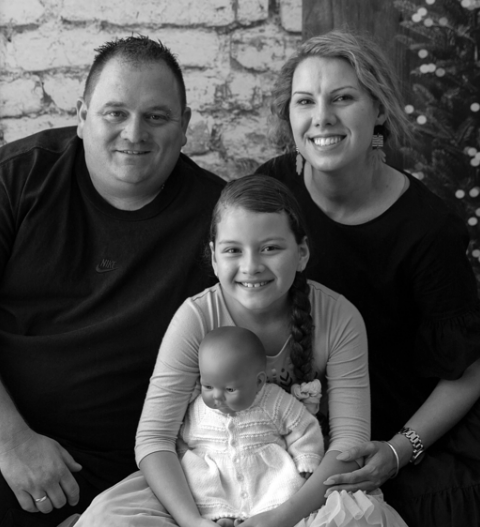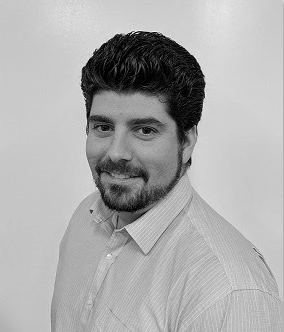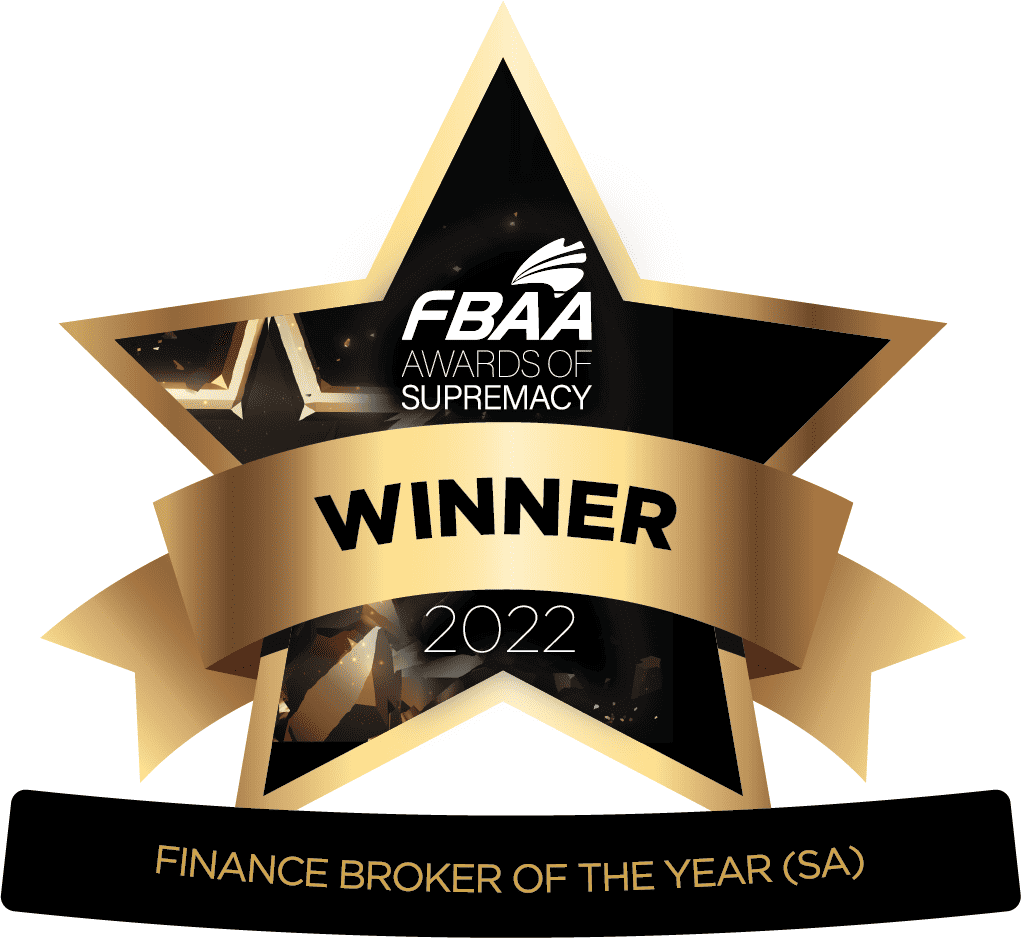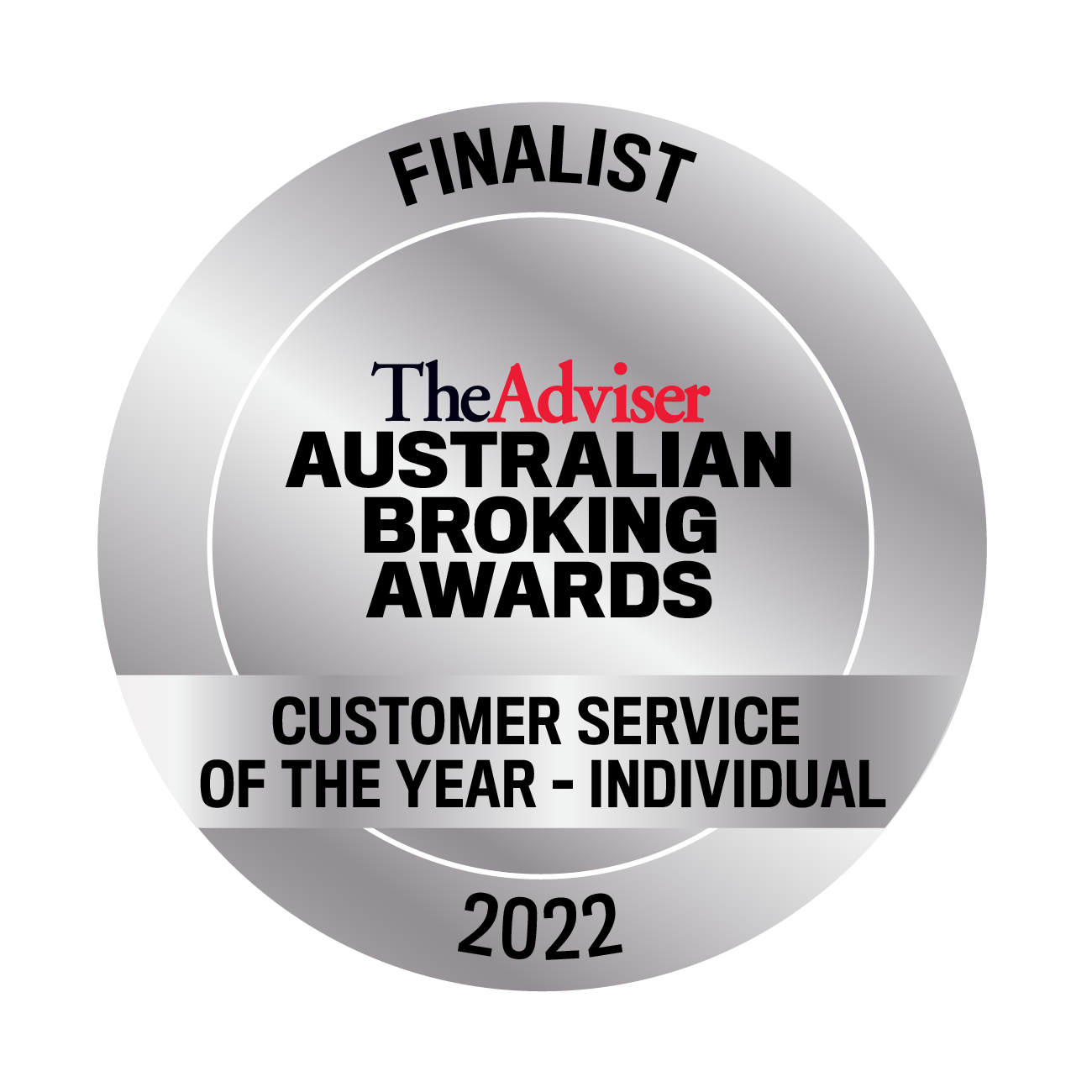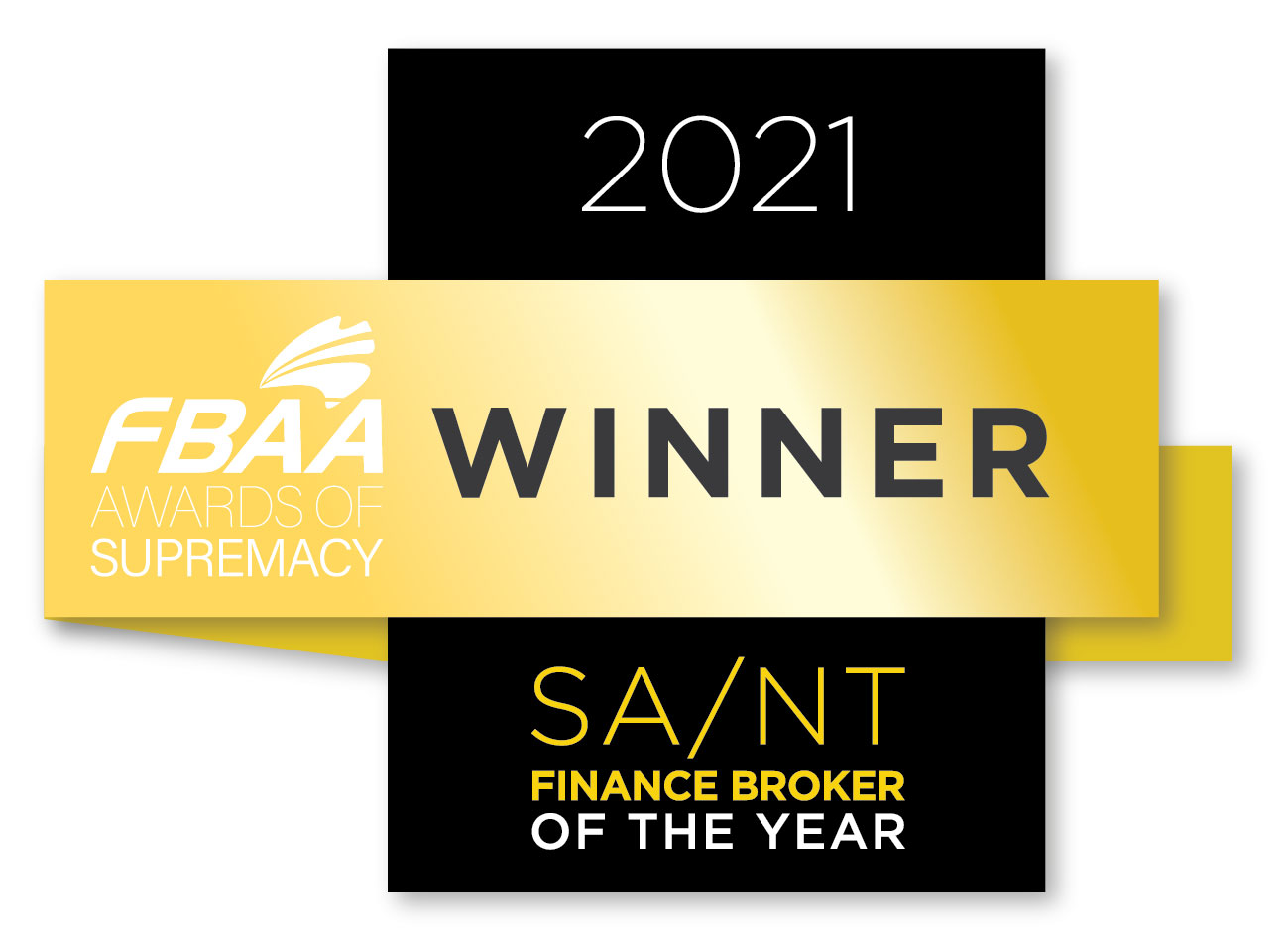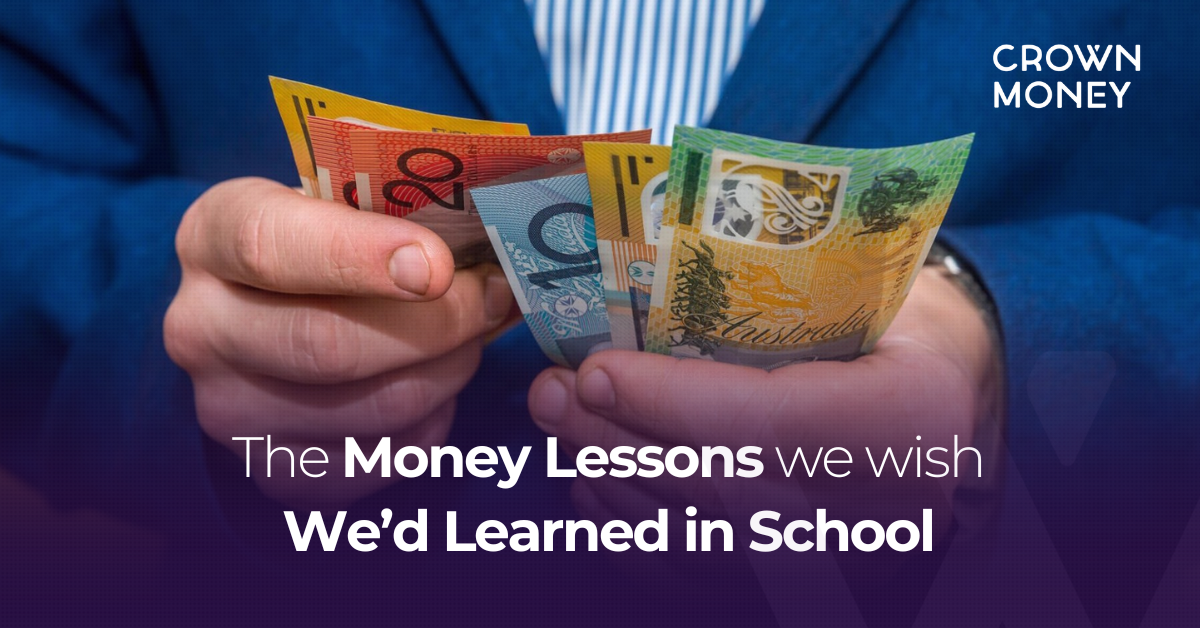
Most Australians feel unprepared for real-world financial challenges. In fact, 50% wish they had been taught more at school about managing money, while 45% regret not learning how to invest sooner. And with 35% believing lessons on starting a business would have been invaluable, it’s clear that practical financial education is lacking.
While schools may not cover these essential life skills, we have the opportunity to teach our kids what really matters when it comes to managing money and building wealth.
Here’s what would be on our lesson plan:
1. Know Your “Freedom Number”
Here’s a concept that can change your entire outlook on money: your freedom number. This isn’t just some abstract goal; it’s an amount you need to have invested after paying off your home loan before you can truly take your foot off the pedal and live life on your own terms.
The general formula is simple: multiply your annual living expenses by 25. So, if it costs you $50,000 a year to live, your freedom number is $1.25 million. Once you’ve hit that number in assets—whether it’s through real estate, stocks, or other investments—you’re officially free. You can walk away from your job if you want to, or at least know that you have the financial security to do so. The amount of interest your investment of $1.25m earns per year will be enough to fund your $50k pa lifestyle for an long as you live.
Retirement is about your Freedom number, not your age!
2. Never EVER Buy a Brand New Car
I know a lot of you squirm at this advice, but don’t even think about buying a brand-new car unless you’ve already hit millionaire status. Why? Because the second you drive it out of the showroom, it loses about 20-30% of its value in the first year alone. It’s a luxury you can’t afford unless you’re already a millionaire.
Cars are depreciating liabilities. You’re paying interest on something that loses value every day, plus all the extra taxes and fees. Buy a car that’s a few years old and let someone else take the hit on depreciation. You can still get a decent car—you just won’t be putting your finances in reverse. As a general rule, you shouldn’t be spending more than 20% of your annual gross salary on a car. A wise man once said – ‘act your wage, and drive the cheapest car your ego can afford’
3. Pay Yourself First
Pay yourself first by setting aside money to invest before spending on anything else. A simple way to start is with index funds or ETFs, which are baskets of top companies, helping you spread your investment risk.
In Australia, options like VAS (which tracks the 300 top companies in Australia) and STW (covering the top 200) include the big dogs like Commonwealth Bank and Woolworths. You can invest easily and automate everything using apps like Raiz, eToro or Bamboo starting with just small amounts each week or month.
Starting early allows you to take advantage of compound growth—where your money makes more money over time. Teach your kids this from their very first pay slip!
4. The 24-Hour Rule
We’ve all experienced that moment—scrolling online or walking past a shop window and immediately needing something that wasn’t even on our radar five minutes ago. Whether it’s the latest iPhone or a new pair of shoes, it’s so easy to get caught up in the dopamine hit of an impulse buy, but this is how most people sink into debt.
Here’s a trick we stick by: use the 24-hour rule. If you see something you want, don’t buy it right away. Wait 24 hours. Sleep on it. More often than not, you’ll wake up and forget you even wanted it. It’s simple, but it works. And the savings you get from cutting out this simple bad habit is cash you can put toward paying off your house or investing. We’ve helped clients shave thousands off their loans just by reining in these types of impulse buys.
5. Build Your Assets – You Can’t Save Your Way to Wealth
The reality is, keeping money in your banks savings accountisn’t growing your wealth—it’s shrinking it. Inflation is eating away at the value of that money every single day. Inflation rates are outpacing the interest earned on savings accounts. If inflation is 3.8% and your savings account earns 1%, you’re effectively losing 2.8% of your money’s purchasing power every year. So if you really want to build wealth, you need to invest in assets that grow over time.
This could be real estate, shares, or buying into a business. Real estate will increase in value and can generate rental income. Shares and ETFs give you ownership in companies that grow and pay dividends. And businesses—even small ones—will give you a passive income. Money sitting stagnant in a savings account just loses value over time. We’re all taught to save, but we should be taught that it’s owning assets that create freedom and passive income returns.
6. Get Rid of Debt Fast
All of us have been taught to focus on interest rates—constantly chasing the lowest one. It’s time to change your mindset and unlearn what you’ve been taught. Focusing solely on refinancing time and time again for a lower interest rate can be a trap. Every time you refinance, you’re extending your loan term and end up paying even more interest in the long run. Instead, the focus should be on shortening your loan term—by having the SHORTEST term home loan you can save a huge amount in interest. Look at the $ and not the %…
Once the debt is gone, the money you used to spend on loan repayments can be invested, enjoyed, or used to build toward a future where you no longer have to work.
6. Build an Emergency Fund—Because S*** Happens
If there’s one thing you can count on, it’s that life is going to throw you a curveball. That’s why everyone should have an emergency fund—something that can cover 3-6 months of living expenses when the unexpected eventually happens. Whether it’s a job loss, or a broken-down car, having a safety net means you and your family will be covered.
Start small—$1,000 for basic emergencies like car repairs or a sudden vet bill is a good initial goal. From there, work your way up to 3 months’ worth of living expenses, and eventually 6 months. We can’t stress how crucial it is to have this kind of buffer, not just for financial stability but for peace of mind. Knowing you’re prepared for whatever life throws at you is priceless.
Remember this: your kids are always watching. How you handle money will shape their financial habits. If they see you making smart financial decisions—saving, investing, and living within your means—they’ll learn to do the same. By teaching these lessons, you’re not just securing your own future, but also giving your children the tools to build a solid financial foundation of their own.
